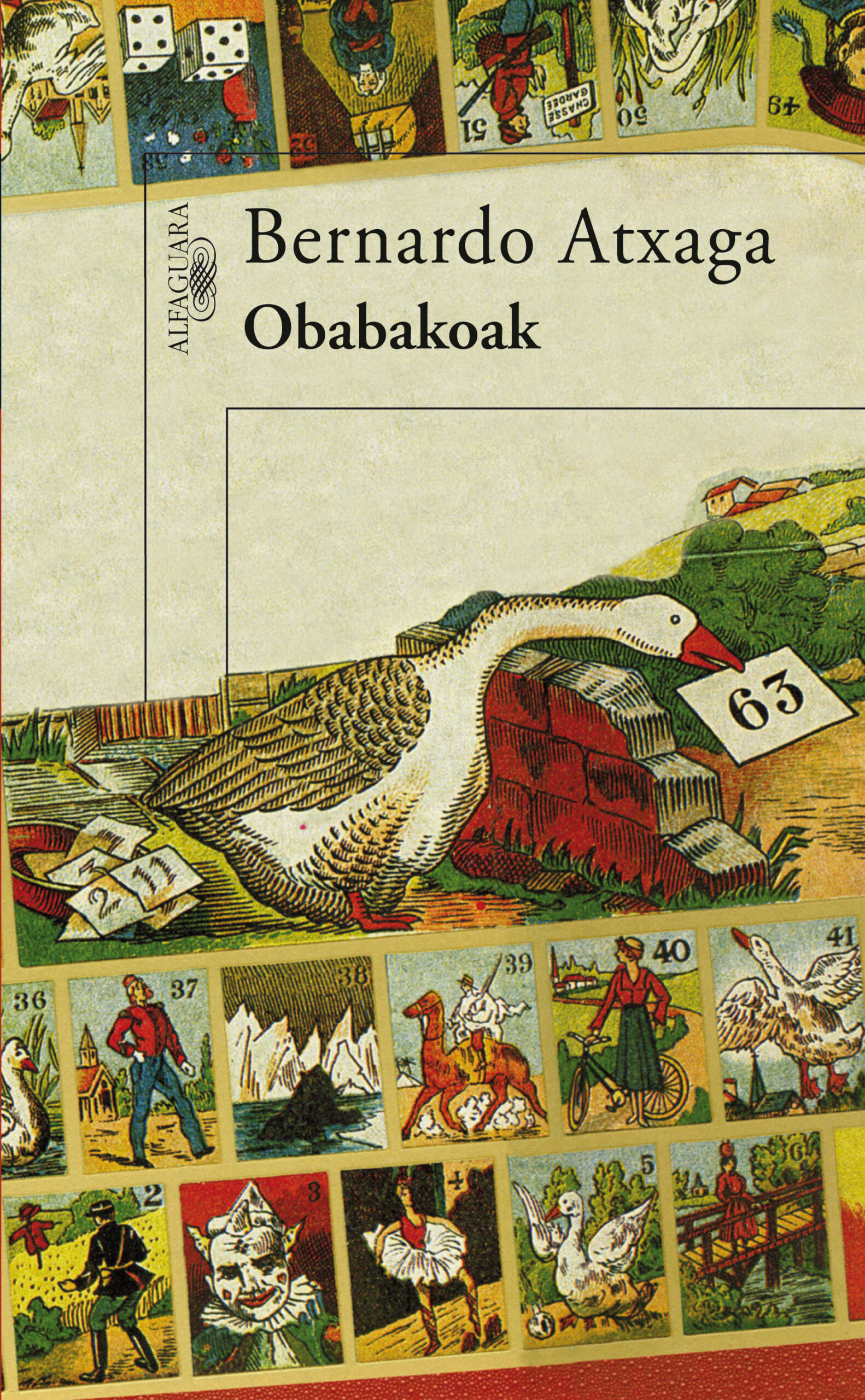“Its enormous variety and unique mixture of generic possibilities set it apart from almost everything in the short-story genre. Its pages make the word and the world new and fresh again, with originality not very common in contemporary Spanish narrative. Here is a writer who shares generously his sheer delight in language and styles of writing” - Eugenio Suárez-Galbán, The New York Times
“The centre of what is most new and exciting in modern European writing. There is humour, irony, magic, mystery and a mastery poetic language. A pleasure to read” - Publishing News
“The secret of enjoying Obabakoak is to suspend one’s literary antennae and enjoy these stories for what they are: fables, parables, fantasies or dreams, some paying tribute to famous writers -Balzac, Chekhov, Maupassant, Evelyn Waugh. Others flit from one century or one country to another, delightfully defying every rule of structure or logic” - Euan Cameron, The European
“The questions Atxaga raises are universal and the time is indefinite. The stories are surprisingly fresh and wonderfully blended. Atxaga holds the attention by his sheer craft, by the complete control he exhibits as he lead us through this “game of the goose” - Nick Caistor, The Independent
“It rip in so lightly among such a crowd of varied and often touching stories that it never gives a sense of brainy ostentation. On the contrary, the sense is of having been accompanied, pleased, teased and agreeably outwitted” - Ruth Pavey, New Statesman & Society
“The narrator’s embedded stories are themselves small masterpieces. There is humour shot through with pathos and irony that is wry rather than biting, a novel that is entertaining without ever becoming lightweight” - Abigail Lee Six, The Times Literary Supplement
“Far from intending an autobiography, Atxaga proposes a realistic portrait of his generation. In the limited and suggestive literary horizon of Euskadi, Atxaga is already a classic for his effort and ability to intensify the expressive possibilities of his language. But this is not enough. His descriptions of landscapes in which the rare melancholia of a fragmented life is projected, match not only the shadow of terrorism but the yearning of those that, for good or bad, believed in the spirit of utopia” - Paolo Alberto Valenti - Il Messaggero
1989 Spain’s National Narrative Prize (Premio Nacional de Narrativa, Spain – for Obabakoak)
1989 Critics’ Award for Narrative in Basque (Premio de la Crítica de Narrativa en Euskera, Basque Country – for Obabakoak)
1992 Prix Millepages (France – for the French translation of Obabakoak)
1995 Prix des Trois Couronnes (France – for Obabakoak in translation)
2019 National Prize for Spanish Literature (Premio Nacional de las Letras Españolas, Spain – for the author’s career)
2021 LIBER Award (Premio LIBER al autor hispano más destacado, Spain – for the author’s career)
Atxaga creates a new vein of magical realism that draws on the Basque Country’s oral tradition and the most avant-garde metafiction
Obabakoak is the dazzling collage of stories, town gossip, diary excerpts and literary theory set in the fictional village of Obaba, all held together by Atxaga’s distinctive and tenderly ironic voice.
A schoolboy whose mining engineer father devises a clever ruse to hasten his maturation, a rescue mission in Nepal that takes an unexpected turn, culminating in murder, a lovelorn schoolmistress and a cultured yet self-loathing dwarf, an environmentalist who, with the best intentions, rescues deceptively harmless lizards.
These Quixote-esque stories gradually unveil a darker undercurrent, reflecting on death, loss, and the complexities of living in a small community. Each opens a window to an individual story, but together they piece an intricate literary world that is both a celebration of storytelling and a reflection on the human condition.
